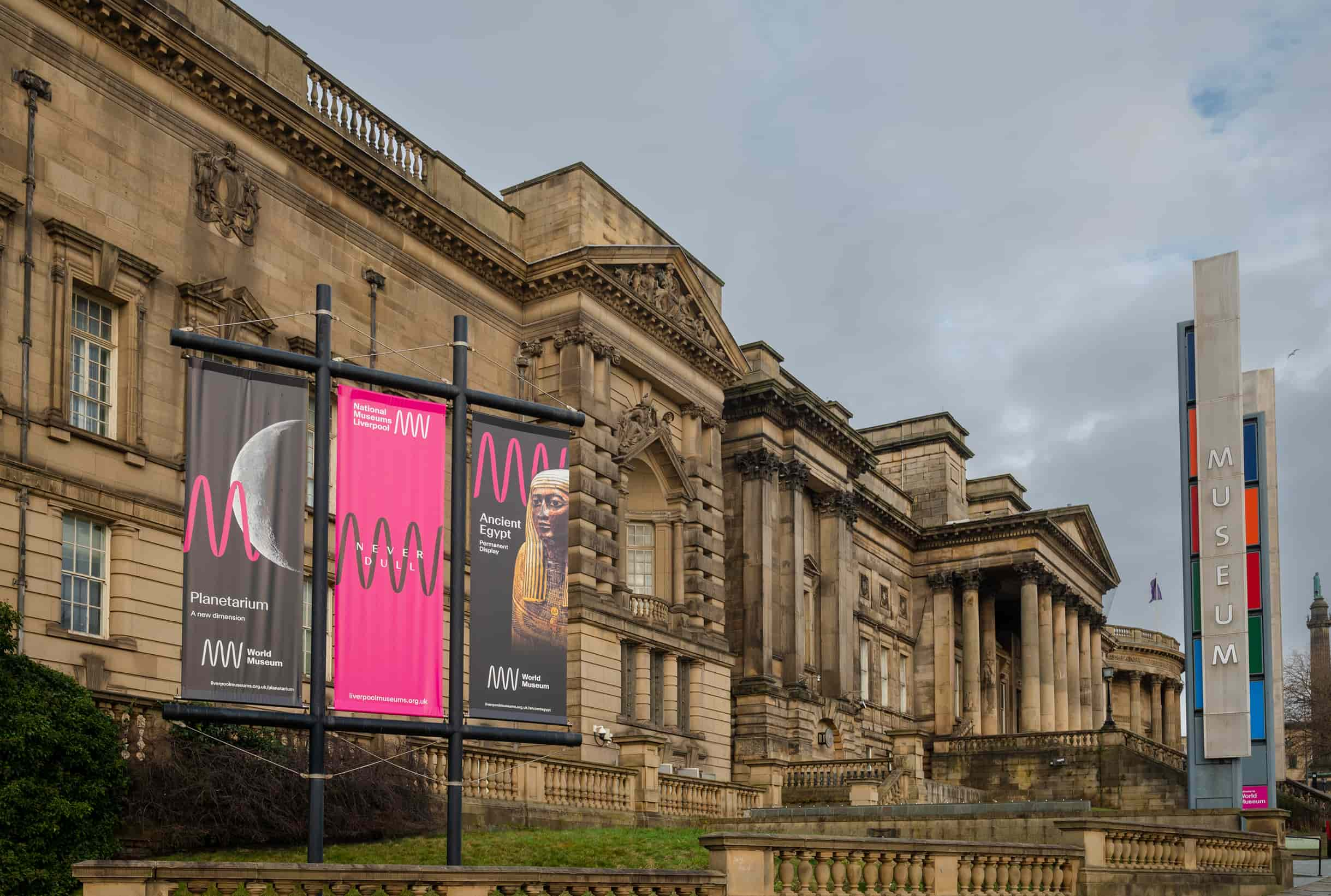University of Liverpool partnership with World Museum Liverpool set to showcase Islamic Golden Age innovations in AI

The University of Liverpool’s Department of Sociology, Social Policy and Criminology partners with World Museum Liverpool to deliver an ESRC NWSSDTP CASE studentship, which will examine the long history of algorithmic technologies and the contributions of Islamic Golden Age scholars to it in particular.
The research will engage with the World Museum’s collections to explore and highlight the algorithmic methods developed by Islamic scholars. By re-examining the history of algorithms from a fresh, global and historical perspectives, the goal is to provide a broader understanding of how these approaches set the stage for modern AI and related technologies to develop.
Experts across artificial intelligence (AI) and decolonial research methods, Professor Michael Mair and Drs Leon Moosavi and Phil Brooker in close collaboration with Dr Geraldine Reid, Lead Curator of Botany, Geology and Science, will supervise the postgraduate research to be conducted by Sabreen Syeed. Already an established researcher with an online mini-series dedicated to the subject, Sabreen Syeed brings expertise and public engagement experience to the project.
Speaking of the appointment, Professor Michael Mair, shared: “We are absolutely delighted to be working with Sabreen on this exciting project. Sabreen’s background in engineering combined with her career as a philosopher focused on Islam and science means she is ideally placed to undertake research which will tell the untold histories of our contemporary technologies with World Museum in engaging and impactful ways.”
A key element of the research will involve practical re-enactments of algorithmic methods in three areas: mathematics, technology, and star charts. The re-enactments will be featured in public events, exhibitions, and activities at the World Museum, to encourage communities, cultural groups, and religious organisations to take part in the research.
By making these methods easy to understand and engaging, the project hopes to increase appreciation for the diverse knowledge that has contributed to modern technology from a decolonial perspective.
This partnership between World Museum Liverpool and the University of Liverpool aims to provide insightful observations into the history of algorithms, highlighting the important role Islamic scholars have played in shaping contemporary scientific thought and Artificial Intelligence.
About World Museum
World Museum, William Brown Street, Liverpool L3 8EN, Free Entry
Set over five floors and with a rich history of its own, World Museum is one of the most visited museums in the U.K and was named the top attraction in the Northwest 2023 by the Association of Leading Visitor Attractions (ALVA).
Experience the wonders of life and the universe at World Museum, where millions of years of the world’s history are revealed. Find out how humans have shaped the planet we inhabit, from Africa to the Americas, Asia and Europe and how human behaviour is impacting our world today.
Visit the Ancient Egypt gallery, which houses one of the finest ancient Egyptian and Nubian collections in Europe. We will take you to the farthest reaches of our spectacular world, diving down into underwater life in the Aquarium and blasting you off into the skies in the Space Gallery and our Planetarium.
Immerse yourself in the incredible life of bees in landmark exhibition 'Bees: A Story of Survival' and learn more about how we are reinterpreting our Latin American collections through an ambitious partnership project “Cuerpos del Tiempo (Bodies of Time)”.
World Museum’s vast number of researchers and curators are experts on a range of areas, from Egyptology to Botany to Geology and are actively involved in a range of international research projects. The Algorithmic Methods in the Islamic Golden Age project will make an important contribution in that regard and builds on a long history of successful collaborations between World Museum and the University of Liverpool.